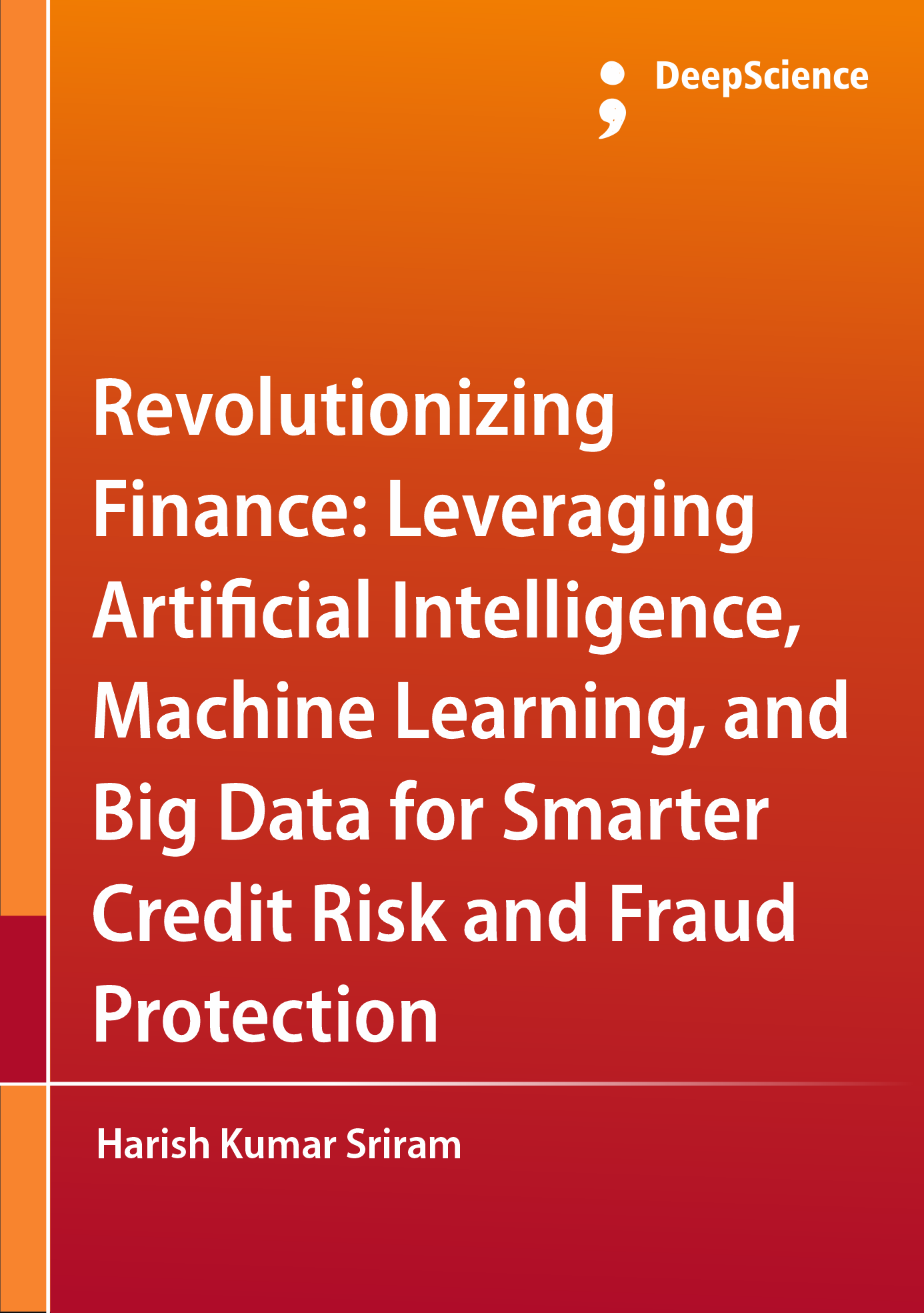RegTech and compliance: navigating regulations in artificial intelligence-driven credit systems
Synopsis
Regulatory Technology, or RegTech, is a rapidly evolving field that utilizes technology to create more agile, efficient, and effective compliance processes in an environment where firms face ever-increasing regulatory scrutiny and the burden of compliance costs. RegTech includes a broader subset of technological innovations that directly address regulatory challenges, which utilize regulatory requirements as inputs to an innovative solution, or which produce compliance as a by-product of the services they offer. Moreover, like FinTech, the term RegTech is used by a wide set of institutions and broadly refers to the use of technology in the compliance function of financial and capital markets. The issue of compliance in financial services is in urgent need of a technological solution. De-risking is a result of the obligation of financial institutions to carry out anti-money laundering and counter-terrorist financing checks on their customers and to report any suspicious or even just complex transactions to the relevant authorities. To meet these requirements, banks are required to identify and verify the identity of their customers, the beneficial ownership of their customers, and anyone acting on behalf of their customers. Risk-based principles permit banks to avoid excessively intrusive checks on low-risk customers, but sometimes the risks of being wrong mean the banks are excessively cautious. The argument is further supported by the current CEO of a cryptocurrency exchange, in the world of cryptocurrency regulation, no country is standing still. That makes things particularly complex for anyone who is trying to operate on a global scale. Ensuring compliance with every region's kaleidoscope of laws and guidelines is not just complex; it is time-consuming and it is expensive.
Firms strive to ensure that their compliance measures are as efficient as possible to respond rapidly and tackle anti-money laundering and terrorist financing in new and inviolable ways. Using up-to-date, relevant data to comply with the AML and CTF measures would be very costly, as firms' compliance departments are reportedly growing significantly, thereby overshadowing their new business potential. Irrespective of investment volumes, innovations in RegTech services are considered essential. RegTech opportunities include innovations that could help financial institutions and companies refine their IT regulatory solutions to handle the increased level of AML monitoring and outsource it to external specialists employing the best in technology to hold their costs. Firms also need to be proactive rather than reactive when pioneering new and innovative ways of offering these types of services. Despite the advances that RegTech possibilities bring forward, firms require supporting academically substantiated research that can validate their claims of using RegTech to improve their efficiencies and cut their various fiscal costs. In particular, adding AI into a system for adhering to financial compliance standards would transform a passive infrastructure into a proactive, efficient unit.













